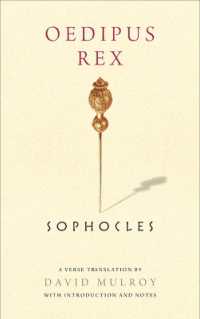Description
This highly accessible guide to the varied aspects of Vygotsky’s psychology emphasises his abiding interest in education. Vygotsky was a teacher, a researcher and educational psychologist who worked in special needs education, and his interest in pedagogy was fundamental to all his work. Vygotsky the Teacher analyses and discusses the full range of his ideas and their far-reaching educational implications.
Drawing on new work, research and fresh translations, this unique text foregrounds key Vygotskian perspectives on play, imagination and creativity, poetry, literature and drama, the emotions, and the role of language in the development of thought. It explains the textual issues surrounding Vygotsky’s publications that have, until recently, obscured some of the theoretical links between his ideas. It underlines Vygotsky’s determination to create a psychology that is capable of explaining all aspects of the development of mind.
Vygotsky the Teacher is essential reading for students on education and psychology courses at all levels, and for all practitioners wanting to know more about Vygotsky’s theories and their roots in research and practice. It offers a unique road map of his work, connecting its different aspects, and placing them in the context of his life and the times in which he lived.
Table of Contents
Introduction
Chapter 1 Beginnings
Chapter 2 The Psychology of Art
Chapter 3 Vygotsky and Defectology
Chapter 4 The Crisis in Psychology
Chapter 5 Tool and Symbol
Chapter 6 The Development of Higher Psychological Functions
Chapter 7 Vygotsky and Pedology
Chapter 8 Play, Imagination and Creativity
Chapter 9 The Zone of Proximal/Proximate Development
Chapter 10 Thinking and Speech 1: Word Meaning Develops
Chapter 11 Thinking and Speech 2: The Final ‘Why’
Chapter 12 After Vygotsky
Afterword
-

- 洋書電子書籍
- Computational Scien…






